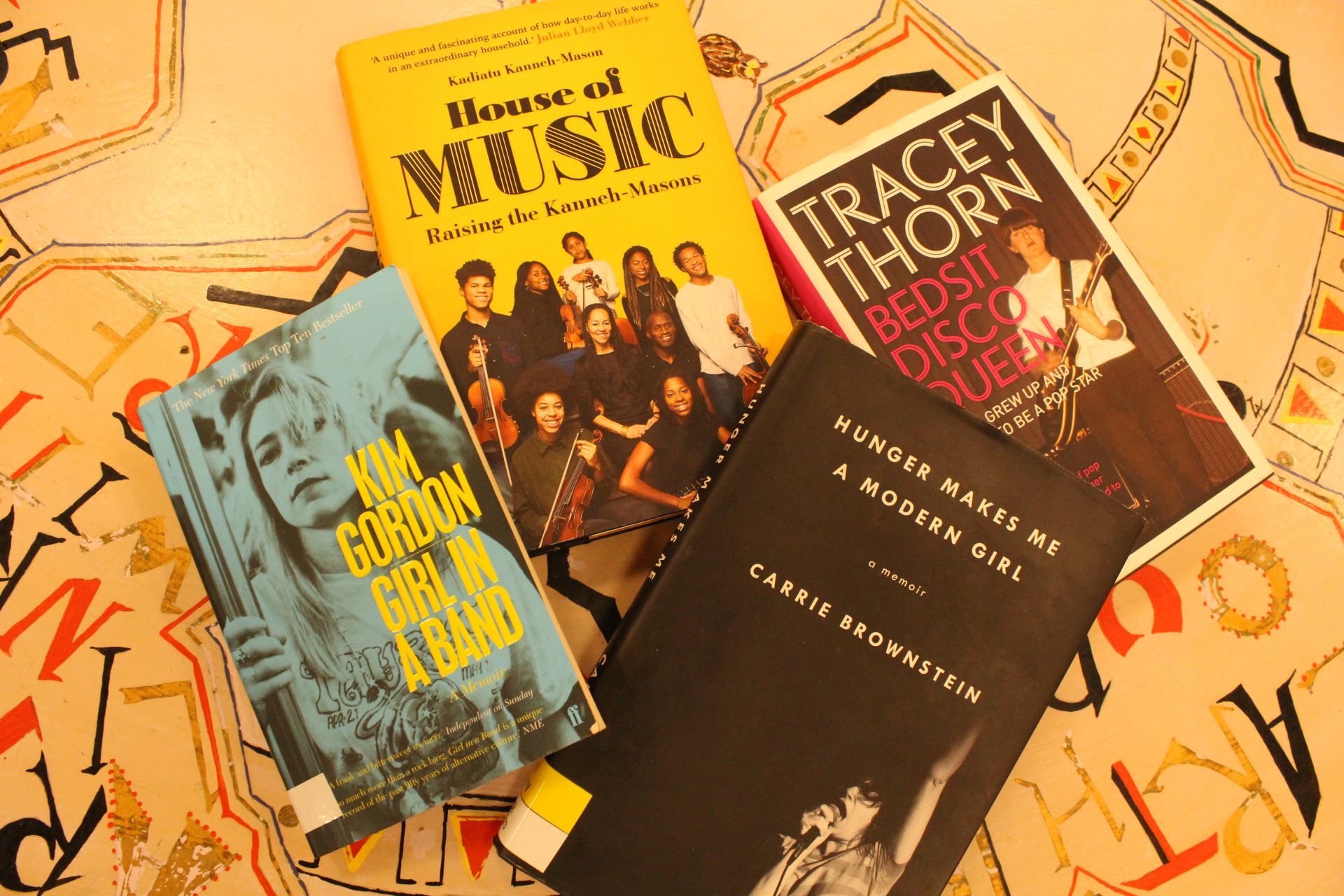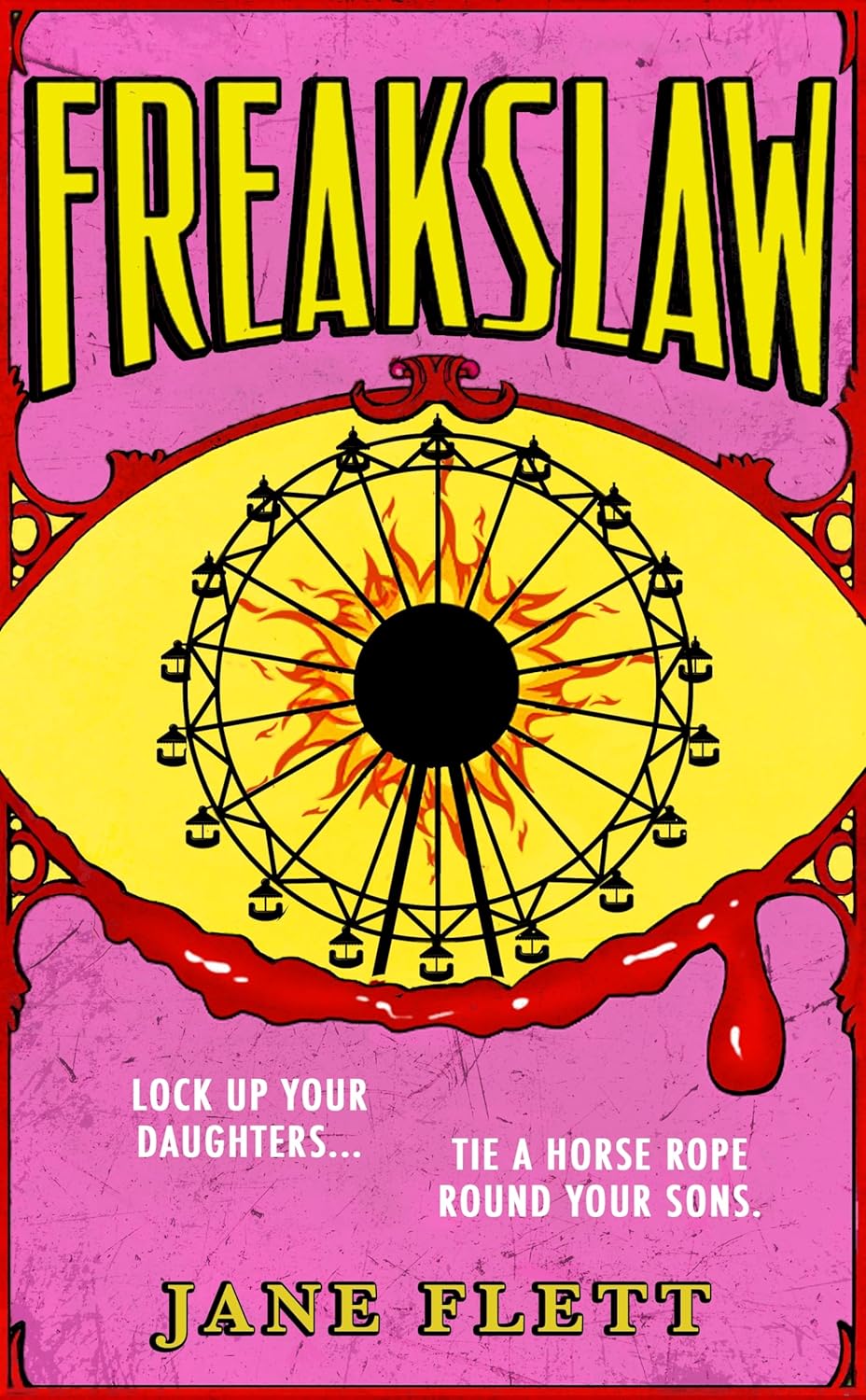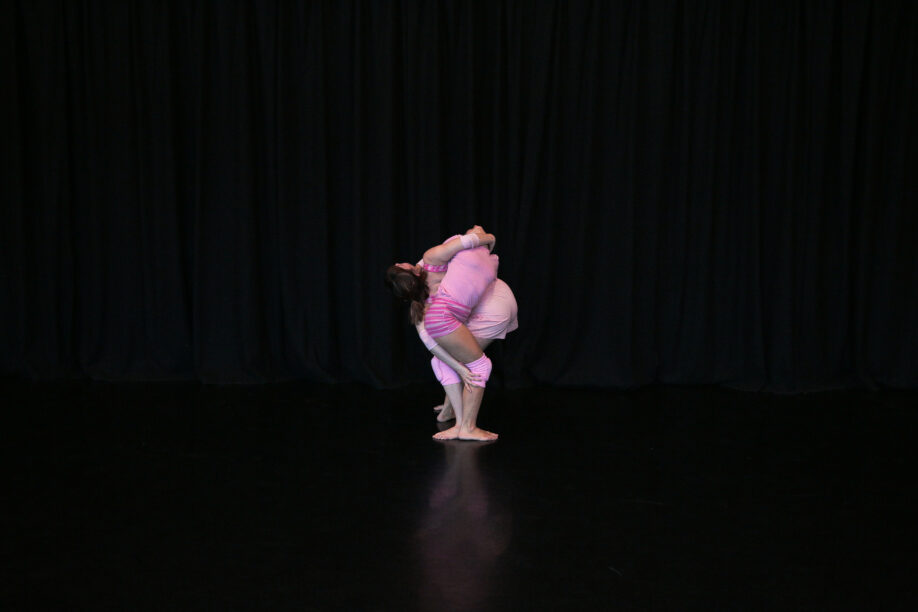Good times, Bad Times: Women With Learning Disabilities Telling Their Stories is a book by the British Institute of Learning Disabilities(BILD) published in 2000. The book was originally meant to be by experts encompassing emancipatory research instead of participatory. Eventually they realized giving women a voice of their own was more needed than speaking for them. Thus the book changed into one which would involve women with learning disabilities at every level of the process. As Atkinson explains in the introduction having this input changed the book itself, the process of writing and the style with features like versions of the contributions with simple English and images being one example. The introduction describes at the end that although a sought for overtly celebratory tone was lost even in the most upsetting and dark passages a theme of survival, perseverance and small triumphs can be glimpsed.In this review I will discuss some of the areas explored by theme in the book. The first area is that of unfairness which looks at work and sexual abuse and the second is fighting back which considers activism.
The first section of the book focuses on the concept of unfairness through looking at work and abuse. Both are very different ,but involve unfairness. They can be treated badly in work and experience more abuse just because of their disability. If that isn’t unjust then I don’t know what is.
Unfairness in work is explored in depth through the stories of three women. In What Does Equal Mean? Jackie Downer discusses her self esteem and uncertainty of any future. She grew up believing at best she ‘might get a job cleaning toilets’. Even though I have Aspergers my own worries about work are similar. Jackie thankfully did find work running a group for black women with learning disabilities. Problems began when she took a management job for a disability organization. It was too much for her as there wasn’t support and it wasn’t tailored for disabled employee’s needs. Her chapter shows how disabled people can work as well as anyone else as long as legislation and support are involved. The second chapter on work is called Two Pounds Is Not Enough is by another woman who discusses her wage of two pounds being not enough to live on or plan anything with. Wages are an area of extreme unfairness for many disabled people. If companies aren’t given funding to help support and make allowances for disabled then they simply offer smaller wages or exclude these jobseekers from the roles. In recent years legislation have improved matters, but not enough. In the third chapter by Jean Andrews she discusses her life at the midpoint of the 20th century. She describes good to extremely bad jobs and discusses how work empowered her and got her out of institutions. For many disabled people work and education is a path to freedom and change for the better in the end.
The chapter on sexual abuse suffered by those with learning disabilities focuses on another form on unjust experience many disabled women undergo. Three women took part in this section and helped create a refuge for women with learning disabilities. They discuss how manipulation is used such as one describes men offering things for sex and exposing themselves to her. All three saw abuse as a totally male concept. There reasons were things such as thinking men get angry more, women are too scared and boys grow up with silly dirty characteristics. They agree with the feminist view that masculinity or male heterosexuality can led to men believing sex and access to women’s bodies is a right. Deborah, one of the women, discusses her rape in which her husband ignored her cries of protest. She claims men can’t control themselves while women can and they all say men and abuse are completely linked. The reason for these beliefs is because of the experience of abuse. This can be seen by the emotions they cite regarding it like anger and bitterness.They also discuss disabled men suffering abuse and being believed more than women ,but also male disabled abusers.All this shows how much abuse and harassment disabled people(especially those who identify as women) can suffer. This happens as they are seen as easy targets and help , especially for women, is hard to get as they aren’t believed/their own carers etc might be the abuser. Instead of victim blaming or putting the pressure on the women to protect themselves it must become even now the responsibility of their support workers etc .I believe this piece matters a lot as it is still a terrible problem which I know personally.
The section on fighting back in the text is another area of importance. In A Disabled Woman […] Fights Back For Her Rights by a disabled activist called Aspis this is explored. She discusses the rampant segregation of the disabled and how your autonomy took away once you are diagnosed. She discusses her own experiences regarding that at a special school. She discusses the school’s lack of funding for it’s library making her unable to learn and more of the substandard education involved. Bullying ,punishment for random things and being punished for complaining to parents are all some things she lived through. She highlights that those in positions of power don’t care about the rights of the people they care for.Aspis recognizes her own high functioning has meant she can see the prejudice ,but still isn’t treated normal. The setting up of a group for more disabled rights and articles about the school once she graduated both led to attacks by the principal and the school solicitor being sent after her.In a shared living space later on her direct action to stop the guardians control of them led to someone saying she ‘was too smart for her good’. Disabled voices are seen as less important than their carer and family’s. As someone autistic it enrages me when groups like Autism Speaks(which has no autistic employee) represent everyone ,but the disabled person themselves and call the condition a disease which can be cured.Aspis is treated as an anomaly for being disabled and political in a world where the disabled are too often not seen as the passionate real humans they are. She also mentions how she is involved with feminism which conveys the need for intersectional feminism in light of the exclusionary forms for many people in the past. Disabled people need to fight with support against this hatred, prejudice and ableism as it the world’s treatment of the disabled not their conditions which are harmful.
Thus I believe this book is a must read. It is truly inclusionary with the involvement of disabled women at every life, it gives disabled women voices and lastly it focuses on important issues regarding the intersection of gender and disability.





